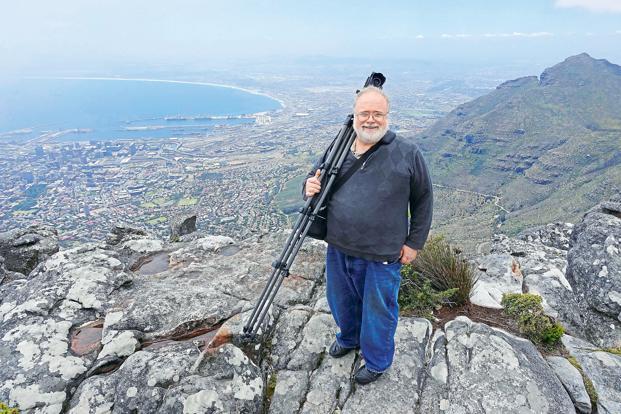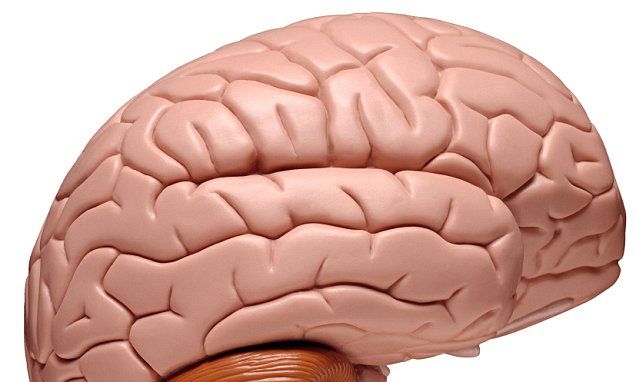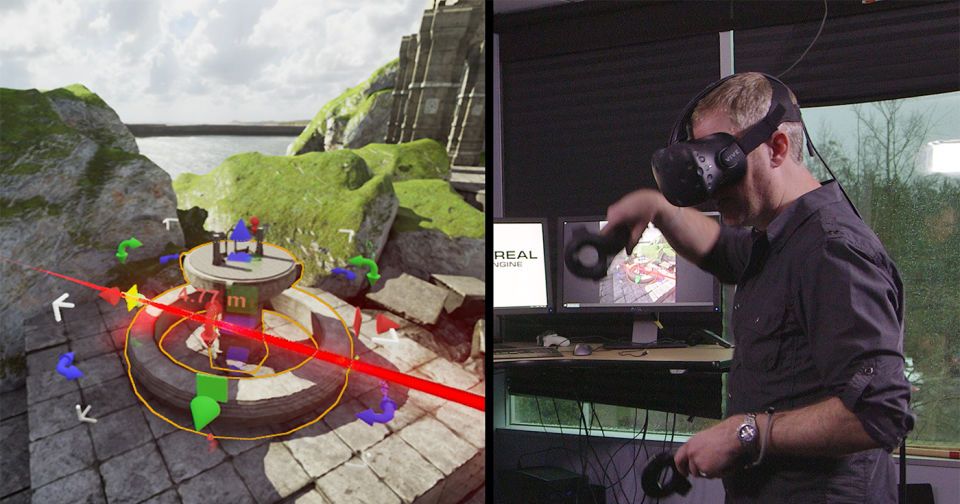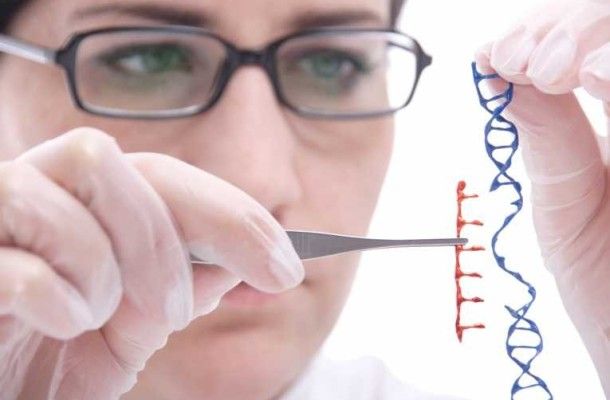
Brand’s view and concerns about hacking driverless cars are valid. And, I do believe in time that government will eventually catch up in passing some laws that will make companies ensure that their technology is safe for consumer usage and are safe for the public. I just hope that the pendulum does swing too far to the other side of over regulation.
It is not easy to slot Brad Templeton. What do you make of a person who is not only the networks and computing chair at Singularity University in Silicon Valley but also a software architect, a director of the Foresight Nanotech Institute, board member of the cyberspace watchdog Electronic Frontier Foundation, the first person to have set up an Internet-based business, a futurist lecturer, hobby photographer, artist, as well as a consultant on Google’s driverless car design team?
In a phone interview from the US, Templeton, who will be in India this month as a key speaker during the SingularityU India Summit (to be held in association with INK, which hosts events like INKtalks—a platform for the exchange of cutting-edge ideas and inspiring stories), shared his views on driverless cars, the perceived threat from intelligent machines and censorship of the Internet. Edited excerpts:
Continue reading “Your only choice is to build better artificial intelligence tech than others: Brad Templeton” »

















